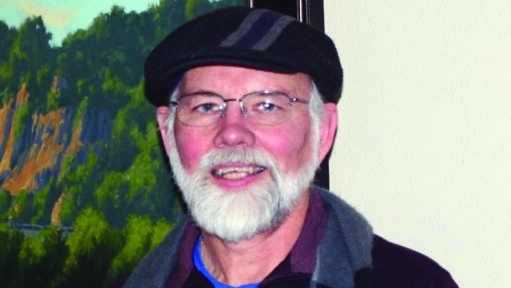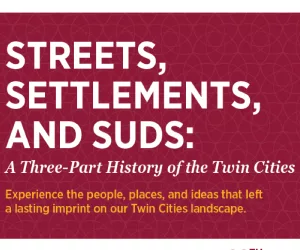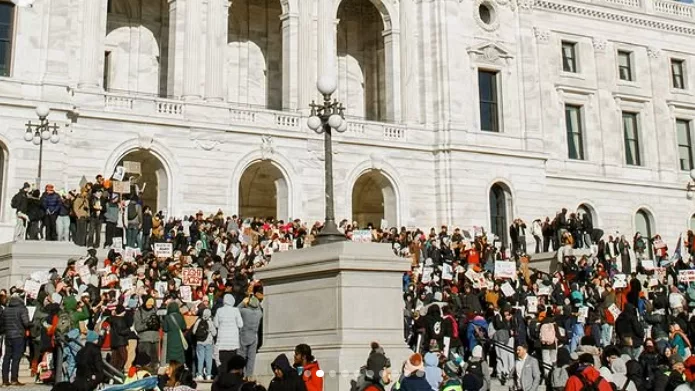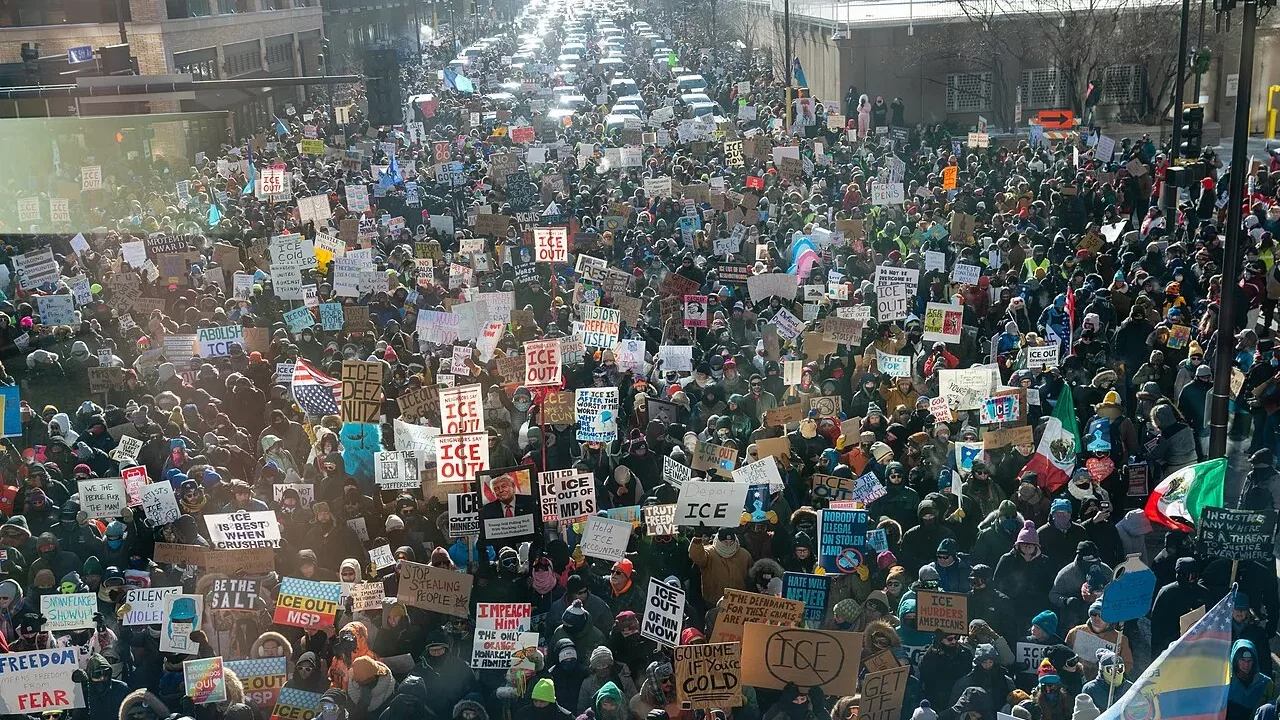Building an Antiracist Community
by Tim Johnson
It can feel good to get the last word. You are in a debate or maybe an argument and while you may have failed to convince anyone of anything, you make a final point that goes unrefuted. It feels like a victory, at least partially.
If there is any place one might have the capacity to have the last word, it is a funeral. After all, the person being remembered is hardly going to offer a rejoinder or comeback to what you said. My experience, however, is that funerals are seldom used to get the last word. For the most part, when it comes to remembering those who have died, we choose to remember the positive, the places where the person’s life shines light on what is good.
As a pastor, I was occasionally asked by a local funeral home to do a service for someone I had never met. On one once such occasion, there were only a dozen or so folks at the funeral. As usual, I had asked the family to share some stories about the person so that I might discover some way in which this person brought light into the world. They had stories, but none that you would wish to repeat. Turns out the person was mean spirited, extremely unlikable, and as far as anyone would share, without any redeeming traits. Since I also believed it was never helpful to paint a picture of someone that was untrue or no one would recognize, I opted to share what I had been told. But, rather than say this man was a miserable, unlikable human being, I simply shared that he clearly was a broken person, much in need of healing, as are we all. Perhaps this is what the poet and singer Leonard Cohen had in mind when he said, “There is a crack, a crack in everything. That is how the light gets in.”
Where does the light shine? It is a question that is central for anyone wishing to build community. When we primarily focus on our place of disagreements it becomes easy to lose sight of what we share. In his book, Our Only World, author Wendell Berry makes this observation, “Maybe people who focus their minds for a long time upon enmity finally begin to resemble their enemies.” At its core, this is what makes racism so self-destructive. The more we reject the light in one another, the more we deny the light in ourselves.
None of this is to say that one should ignore things like disagreements, deep challenges or injustice. Rather, the invitation to look for the light is to relinquish having the last word in favor of the convincing word that can change hearts and minds by attending to those places where we have common ground. The apostle Paul in his book to the Philippians offers this advice. Without prioritizing a Christian point of view, he simply says, “Finally, my brothers and sisters, always think about what is true. Think about what is noble, right and pure. Think about what is lovely and worthy of respect. If anything is excellent or worthy of praise, think about those kinds of things.” Every day we wake to news about how bad things are and indeed, those problems are real. They demand our attention and feed our desire to have the final word so that we might put to rest the discomfort we feel. But, in giving the preponderance of our energy to that which we find destructive we run the risk of losing sight of that which is good and life giving.
Living in relationship to others is seldom easy, whether in family, community, or as world citizens. But, we do well to remember the wisdom of funerals, “look for the light.”
Tim Johnson is a retired pastor of the United Church of Christ.







Leave a Reply